Maximizing Your Pup’s Oral Health: Understanding How Long a Dog Teeth Cleaning Lasts
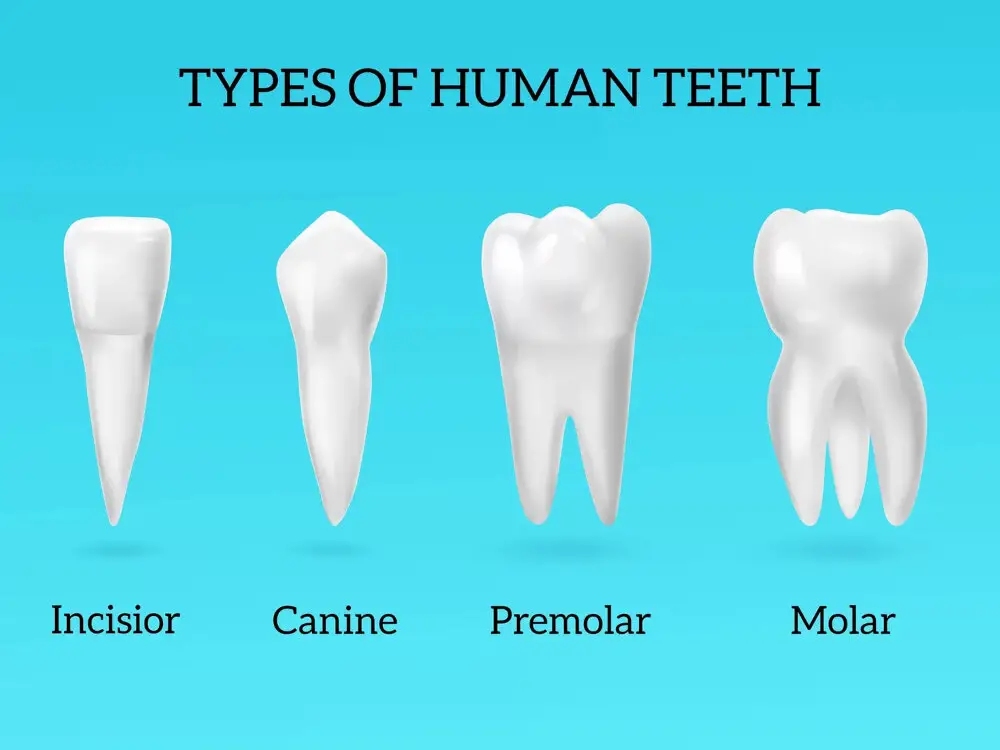
Maintaining your pup’s oral health is crucial to their overall well-being. While it may seem like a minor aspect of their care, neglecting their teeth can lead to serious health issues down the line. Dogs are prone to developing dental problems such as periodontal disease, plaque buildup, and tooth decay, which can cause discomfort, pain, and even infections. Therefore, it is essential to understand how long a dog teeth cleaning lasts and how often you should schedule one for your furry friend. Dog teeth cleaning is a process that involves removing plaque and tartar buildup from your pup’s teeth and gums. It is usually performed by a veterinarian or a professional dog groomer and can be done through various methods, such as scaling, polishing, and brushing. The duration of a dog teeth cleaning depends on several factors, including the age, breed, and overall oral health of your dog. In this article, we will delve into the details of what a dog teeth cleaning entails, how long it lasts, and how often you should schedule one to ensure your pup’s optimal oral health.
Oral health is crucial for dogs as it not only affects their teeth and gums but also their overall wellbeing. Poor dental hygiene can lead to various health issues such as bad breath, tooth decay, gum disease, and even organ damage. Regular teeth cleaning can prevent these problems and ensure that your furry friend maintains healthy teeth and gums. Moreover, a healthy mouth can improve a dog’s appetite, digestion, and energy levels. Neglecting oral hygiene can be painful and uncomfortable for dogs and can affect their quality of life. Therefore, it is essential to prioritize your pup’s dental care and seek professional help if necessary.
Regular teeth cleaning is crucial for maintaining good oral health for your pup. Not only does it help prevent bad breath, but it also helps prevent gum disease, tooth decay, and other dental problems. Without regular cleaning, plaque and tartar can build up on your dog’s teeth and gums, which can lead to infection and even tooth loss. It is recommended that dogs receive a professional teeth cleaning at least once a year, but daily at-home care is also important. Brushing your dog’s teeth with a pet-safe toothpaste and providing dental chews or toys can help keep their teeth healthy and strong. Taking care of your pup’s oral health can improve their overall quality of life and increase their lifespan.
How often should you clean your dog’s teeth?
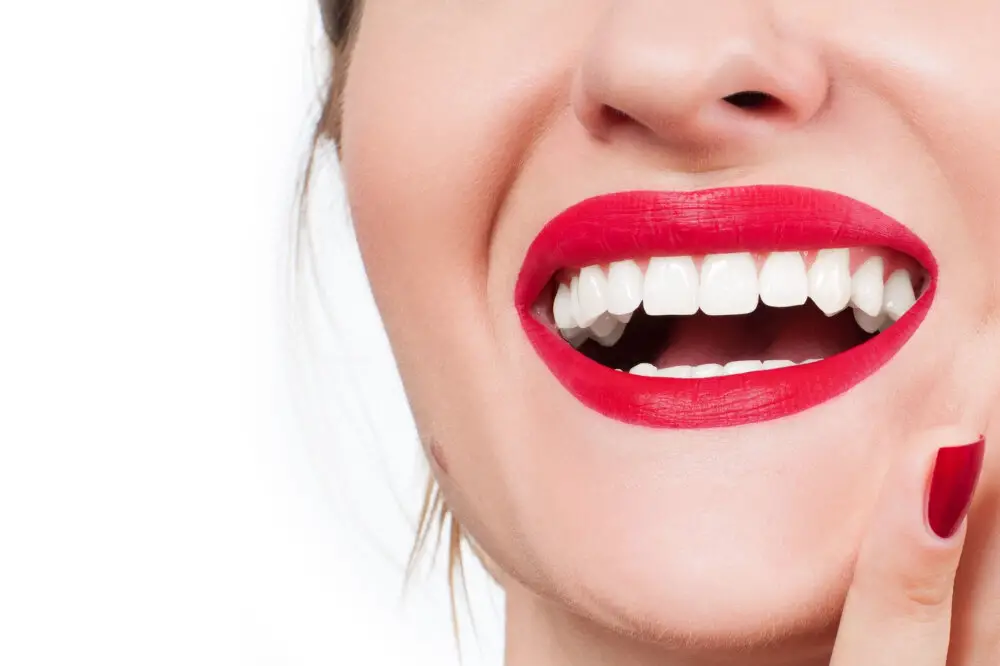
Maintaining your dog’s oral hygiene is an essential aspect of pet care that you should never overlook. A regular dog teeth cleaning regimen can help prevent tartar buildup, gum disease, and bad breath, leading to a healthy and happy canine companion. Veterinarians recommend that you brush your dog’s teeth at least twice a week using a soft-bristled toothbrush and a canine-friendly toothpaste. However, this frequency may vary depending on your dog’s size, breed, diet, and oral health condition. For instance, some dogs may require more frequent cleaning, whereas others may need it less often. Therefore, it’s crucial to consult your vet to determine the appropriate dog teeth cleaning frequency that suits your pup’s needs. In addition to regular brushing, you can also incorporate dental chews, toys, and treats into your dog’s oral care routine. These products can help remove plaque and tartar from your dog’s teeth and promote healthy chewing habits. However, it’s essential to ensure that you choose high-quality, safe, and appropriate products for your dog’s age, size, and chewing preferences. Moreover, you should always supervise your dog when they are chewing or playing with dental products to prevent choking or ingestion. By following these simple tips, you can maximize your pup’s oral health and enjoy the benefits of a happy and healthy furry friend.
It is highly recommended to clean your dog’s teeth at least once a day to maintain their oral hygiene. However, this frequency may vary depending on factors such as age, breed, diet, and overall dental health. Some dogs may require more frequent cleanings if they are prone to dental issues, while others may need less frequent cleanings if they have good dental health. Regular brushing, along with professional cleanings by a veterinarian, can help prevent dental problems and maintain your pup’s overall health and well-being. It is essential to establish a dental care routine for your furry friend early on, as neglecting their teeth can lead to serious health issues later in life.
There are several factors that can affect the frequency of dog teeth cleaning. One of the most important factors is the dog’s age, as older dogs may require more frequent cleanings due to age-related dental issues. Another factor is the dog’s diet, as a diet high in sugar and starch can lead to more frequent plaque and tartar buildup. Genetics can also play a role in dental health, as some breeds may be more prone to dental problems than others. Additionally, the level of dental care provided by the owner, such as regular brushing and professional cleanings, can greatly impact the frequency of cleanings needed. By understanding these factors and taking proactive steps to promote good oral health, pet owners can help ensure that their furry friends enjoy healthy teeth and gums for years to come.
Regular checkups with a vet are crucial for ensuring the overall health and well-being of your furry friend. While it may seem unnecessary to take your dog to the vet when they appear to be healthy, routine checkups can help detect potential health issues before they escalate into more severe problems. During these checkups, a veterinarian will perform a thorough examination of your dog’s teeth, gums, and mouth, looking for signs of tooth decay, gum disease, or other oral health issues. Catching these issues early can help prevent more extensive and expensive treatments down the line. Additionally, routine checkups give you an opportunity to discuss any concerns you may have about your dog’s oral health with a knowledgeable professional who can provide guidance on how to maintain your pup’s healthy smile.
The length of a dog teeth cleaning
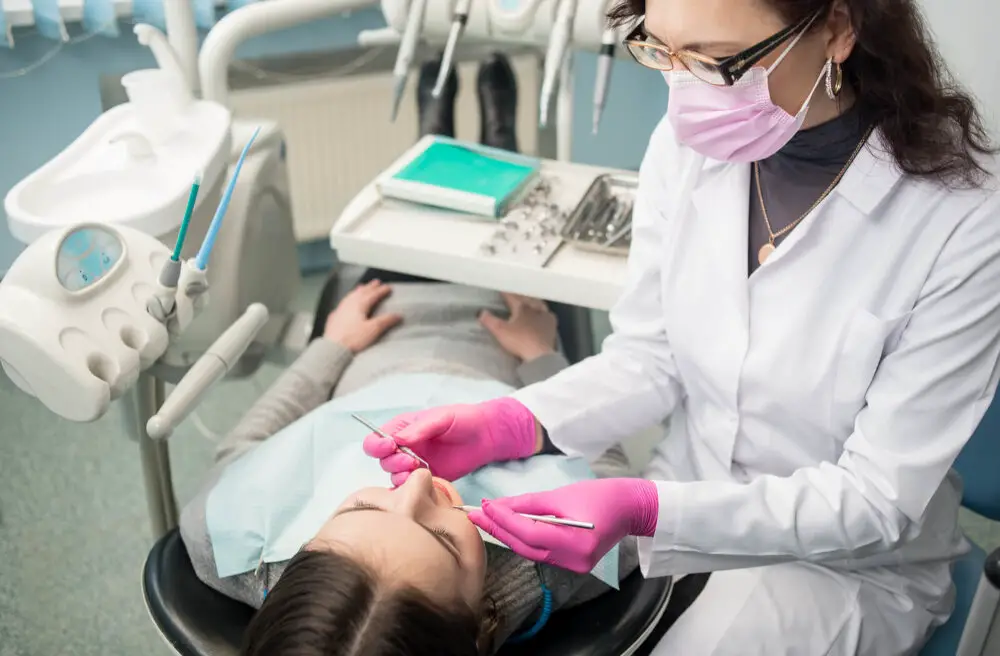
Maintaining good oral hygiene in dogs is crucial for their overall health and well-being. Most pet owners are aware of the importance of regular teeth cleaning, but they often underestimate the time required for a thorough canine dental cleaning. The length of a dog teeth cleaning depends on several factors, including the age, breed, and size of the dog, as well as the extent of dental disease. In general, a routine dental cleaning for a healthy adult dog can take anywhere from 30 minutes to an hour, including the time required for anesthesia and recovery. However, if the dog has significant tartar buildup or periodontal disease, the cleaning procedure can take longer. In such cases, the veterinarian may perform a deep cleaning, which involves removing tartar and plaque from below the gum line. This can take anywhere from one to three hours, depending on the severity of the dental disease. It is important to note that the length of the dog teeth cleaning may also depend on the veterinarian’s experience and expertise in canine dentistry. Therefore, pet owners should choose a qualified and experienced veterinarian for their dog’s dental care to ensure the best possible outcome.
A professional teeth cleaning session for dogs typically involves a thorough examination of the dog’s mouth, teeth, and gums. The veterinary technician or veterinarian will use a special tool to remove any tartar or plaque buildup on the teeth and below the gum line, which can cause bad breath, gum disease, and tooth decay. They will also polish the teeth to remove any remaining debris and make the teeth smoother, which can help prevent future buildup. In some cases, the vet may also recommend dental X-rays to check for any underlying issues. Overall, a professional teeth cleaning is an important part of maintaining your dog’s oral health and can help prevent serious dental problems down the line.
The length of a dog teeth cleaning session can be influenced by several factors, including the size of the dog, the level of tartar build-up, and the cooperation of the dog during the cleaning process. Larger dogs may require more time to thoroughly clean their teeth and gums, while dogs with excessive tartar buildup may take longer to remove all of the buildup. Additionally, if the dog is not cooperative or becomes anxious or aggressive, the cleaning process may need to be paused or delayed, which can extend the overall length of the cleaning. Overall, it is important to address any underlying oral health issues and establish a routine dental care regimen to help minimize the length and frequency of teeth cleaning sessions.
The average length of a cleaning for dogs varies depending on several factors. Generally, a professional cleaning procedure can take anywhere from 30 minutes to 2 hours. This time frame may be influenced by the dog’s size, age, and the severity of tartar buildup. Additionally, if the dog requires extractions or other dental procedures, this will add to the length of the cleaning. It’s important to note that a thorough cleaning should include not only the teeth but also the gums and tongue. Regular cleanings every six months can prevent dental issues and prolong the need for more invasive procedures, making the investment of time and money well worth it in the long run.
Signs that your dog needs a teeth cleaning
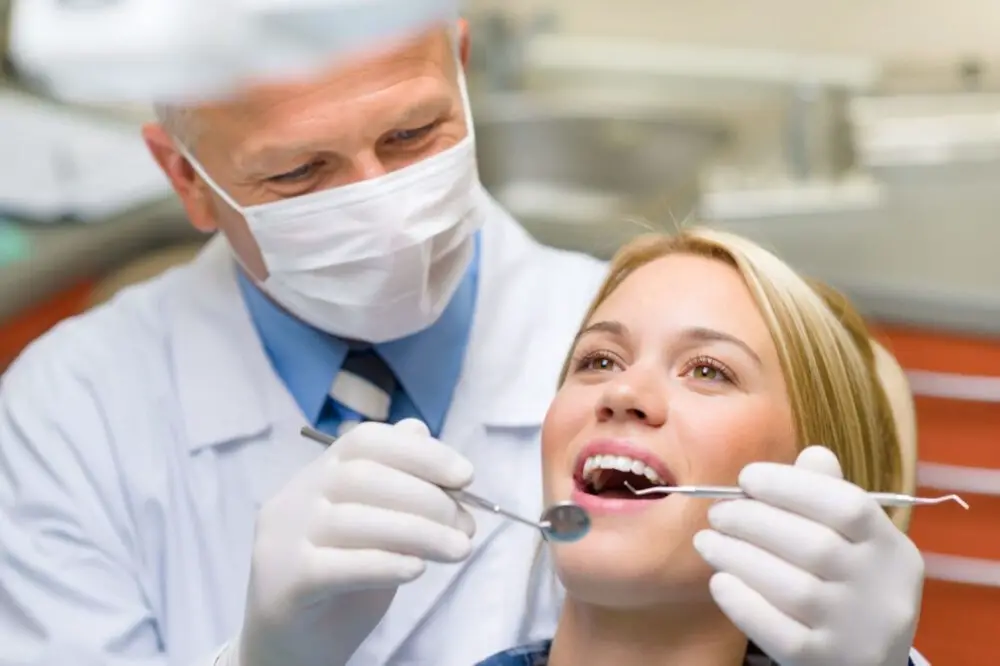
As a pet owner, it is essential to pay attention to your dog’s oral hygiene. While bad breath is a common sign of poor dental health, there are other signs that your dog may need a teeth cleaning. One of the most common indications is a buildup of tartar on their teeth. Tartar is a hard, yellowish-brown substance that accumulates on the teeth and can cause gum disease and tooth decay. If you notice this buildup, it is time to schedule a teeth cleaning with your veterinarian. Additionally, if your dog’s gums are red, swollen, or bleed when you brush their teeth, this could be a sign of gum disease, which can lead to tooth loss if left untreated. Regular teeth cleanings can prevent gum disease and maintain your dog’s overall oral health. Another sign that your dog needs a teeth cleaning is difficulty eating. If your dog is avoiding hard or crunchy foods, it may be because they are experiencing pain or discomfort while eating. This could be due to a tooth infection or decay, which can be resolved through a teeth cleaning. Additionally, if your dog is pawing at their mouth or exhibiting other signs of discomfort, such as drooling or rubbing their face against objects, this could be a sign of dental pain. A teeth cleaning can help alleviate this pain and prevent further dental issues from arising. Overall, it is crucial to be aware of these signs and to schedule regular teeth cleanings to maintain your dog’s oral health and prevent long-term dental problems.
Dental problems in dogs can cause a range of symptoms that pet owners should be aware of. One of the most common signs of dental issues in dogs is bad breath, which can be caused by the buildup of bacteria in the mouth. Other symptoms may include swollen or bleeding gums, loose or missing teeth, difficulty eating or chewing, and changes in behavior such as increased irritability or reluctance to play. If left untreated, dental problems can lead to serious health issues, so it is important for dog owners to schedule regular dental checkups and cleanings with their veterinarian. By staying on top of your pup’s oral health, you can help ensure a happy and healthy life for your furry friend.
Recognizing signs early is critical when it comes to maintaining your pup’s oral health. If dental problems are left untreated, they can cause pain, discomfort, and even lead to more severe health issues. By staying vigilant and keeping an eye out for any symptoms of dental problems such as bad breath, swollen gums, or difficulty chewing, you can catch issues early and prevent them from becoming more severe. Regular dental checkups and cleanings are also essential for maintaining your pup’s oral health, and catching any problems early on can help ensure that your dog’s teeth cleaning lasts as long as possible. Overall, recognizing signs early is crucial for keeping your pup healthy and happy.
As a responsible pet owner, it is crucial to schedule regular cleanings with a vet to maintain your pup’s oral health. The recommended frequency of dental cleanings varies based on your dog’s breed, age, and overall health. However, as a general rule of thumb, it is best to schedule a cleaning once every six months. If your dog has a history of dental issues, such as gum disease or excessive tartar buildup, your vet may recommend more frequent cleanings. Additionally, it is essential to keep an eye out for signs of discomfort or pain, such as difficulty eating or pawing at the mouth, as this may indicate a need for a cleaning. By staying on top of your pup’s oral health, you can ensure that they lead a happy and healthy life.
Tips for maintaining your dog’s oral health
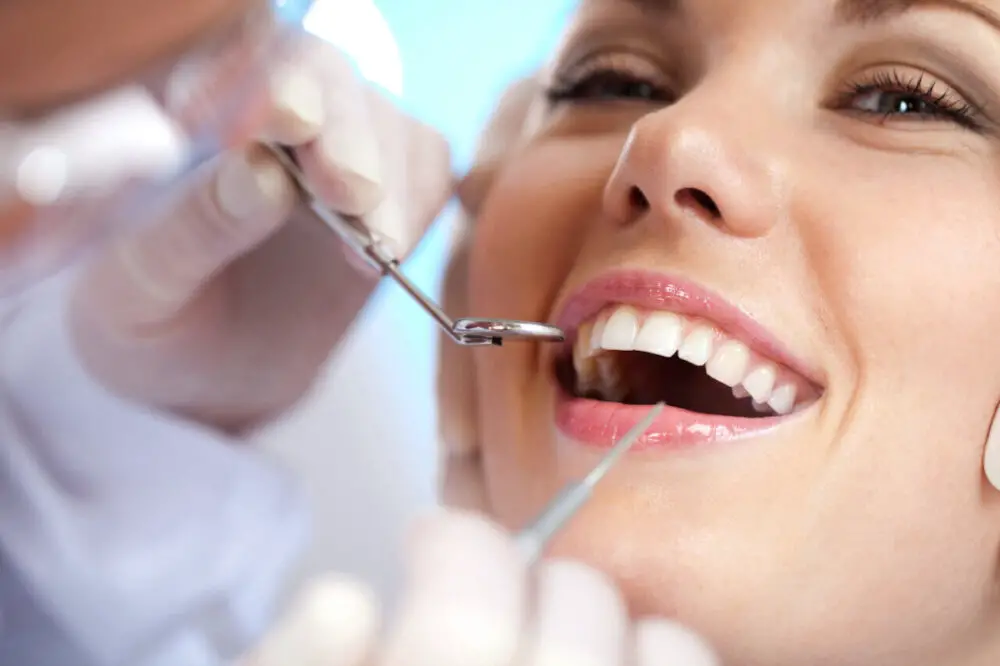
Taking care of your dog’s oral health is vital for their overall well-being. Dental problems in dogs can lead to bad breath, tooth decay, gum disease, and even systemic infections. Here are some tips for maintaining your dog’s oral health. Firstly, regular brushing is essential for preventing plaque and tartar buildup. Use a soft-bristled toothbrush and special dog toothpaste to clean your dog’s teeth at least twice a week. Start by introducing the toothbrush and toothpaste gradually, allowing your dog to sniff and taste them. Begin with short brushing sessions, and gradually increase the time as your dog becomes more comfortable. You can also use dental chews and toys to help clean your dog’s teeth. Look for products that are specifically designed to promote dental health and reduce plaque and tartar buildup. In addition to regular brushing, it’s essential to schedule annual dental checkups with your veterinarian. During these checkups, your vet can assess your dog’s dental health and identify any potential problems. They may also recommend professional teeth cleaning if necessary. By following these tips, you can help your furry friend maintain healthy teeth and gums, ensuring they live a happy and healthy life.
Preventing dental problems in dogs is crucial for their overall health and well-being. One way to do this is by regularly brushing their teeth with a dog-specific toothbrush and toothpaste. Additionally, providing your dog with chew toys and bones can help remove plaque and tartar buildup. It’s also important to maintain a healthy diet for your pup, as certain foods and treats can contribute to dental issues. Regular visits to the vet for dental checkups and cleaning can also ensure that any potential issues are caught early on and treated appropriately. By taking these preventative measures, you can help maximize your pup’s oral health and potentially extend the lifespan of their teeth cleaning.
Maintaining good oral health in dogs is crucial for their overall well-being. At home, you can take some simple steps to keep your dog’s teeth clean and healthy. Brushing your dog’s teeth regularly with a toothbrush and toothpaste designed for dogs can help remove plaque and prevent tartar buildup. You can also offer your dog dental chews and treats specially formulated to clean teeth. Additionally, feeding your dog a balanced diet and providing them with plenty of fresh water can also contribute to good oral health. By following these simple tips, you can help ensure that your furry friend’s teeth stay healthy and strong, and that they have a happy and healthy life.
A healthy diet is vital to maintain good oral health in dogs. Nutritious foods provide the necessary vitamins and minerals that keep the teeth and gums healthy. A well-balanced diet consisting of lean proteins, healthy fats, and whole grains can help reduce inflammation and prevent plaque buildup. Additionally, incorporating crunchy foods like carrots, apples, and green beans can help scrape away plaque and tartar from the teeth. On the other hand, feeding dogs processed and sugary foods can increase the risk of dental problems and overall poor health. Therefore, it is essential to provide a healthy diet to your furry friend to ensure their oral health and overall well-being.
Oral health is a crucial aspect of a dog’s overall well-being and should not be overlooked by owners. Poor dental hygiene can lead to a range of health issues, including bad breath, gum disease, tooth decay, and even systemic infections. Regular teeth cleaning can help prevent these problems, but it’s important to understand how long a cleaning lasts to maximize its effectiveness. While a professional cleaning at the vet’s office can last up to a year, daily dental care at home is also necessary to keep your pup’s mouth healthy. This includes brushing their teeth regularly, providing dental chews or toys, and feeding them a balanced diet. By prioritizing your dog’s oral health, you can help them live a happy and healthy life.
Ensuring regular teeth cleaning and checkups with a veterinarian is vital for a dog’s overall health. Neglecting oral hygiene can lead to a host of issues, including bad breath, gum disease, and tooth decay. Furthermore, poor dental health can have more severe health implications, such as increased risk of heart and liver disease. While daily brushing and proper nutrition can help maintain a dog’s oral health, a professional cleaning by a veterinarian is necessary to remove plaque and tartar buildup that can’t be addressed at home. Regular checkups with a vet can also help detect any potential dental problems early, allowing for prompt treatment and preventing more severe issues down the line. By prioritizing a dog’s oral health, owners can help ensure their furry friend lives a long, healthy, and happy life.
In conclusion, maintaining your pup’s oral health is essential to their overall wellbeing and longevity. Regular teeth cleanings, both at home and by a professional, can significantly reduce the risk of dental disease and other health issues. Additionally, providing your pup with appropriate chews and toys can aid in keeping their teeth clean and healthy. It is important to note that the duration of a dog teeth cleaning can vary depending on various factors, including the dog’s age and activity level. Regular check-ups with your veterinarian can help ensure that your pup’s oral health is in optimal condition. By prioritizing your pup’s dental care, you can help ensure that they lead a happy and healthy life.
Conclusion
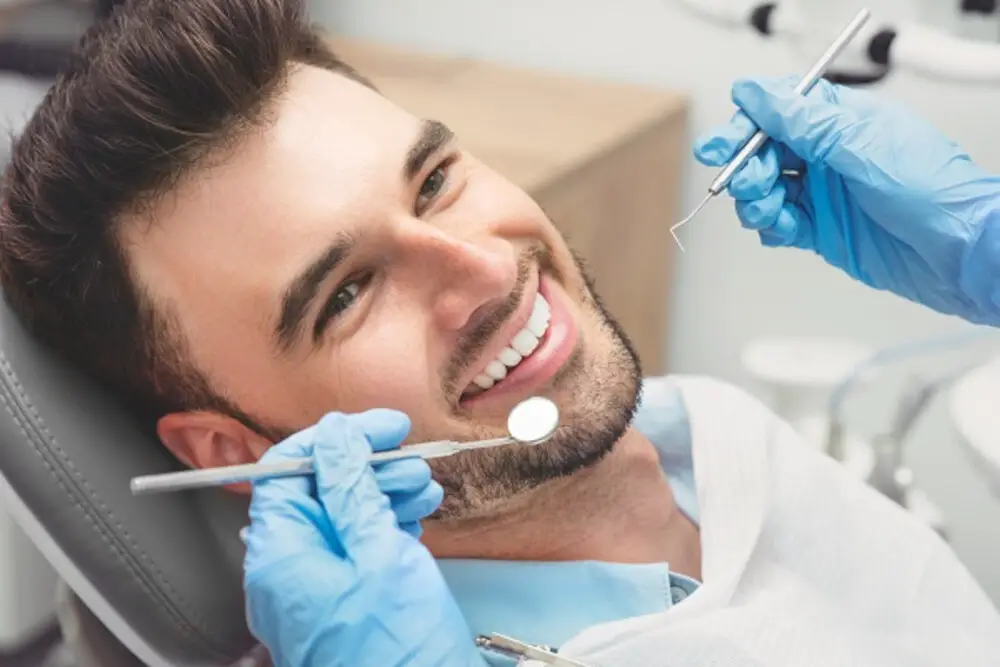
In conclusion, understanding how long a dog teeth cleaning lasts is an essential aspect of maximizing your pup’s oral health. While the duration of a cleaning session varies depending on various factors, such as the age, breed, and overall dental hygiene of the dog, it is crucial to note that regular cleaning is necessary to prevent dental issues such as gum disease and tooth decay. Neglecting your dog’s teeth can lead to severe health problems and a shorter lifespan. Therefore, it is imperative to work with your vet to develop a dental care routine that suits your dog’s needs and schedule regular cleaning appointments to ensure your furry friend enjoys a healthy, happy life. With proper care, your pup’s pearly whites will shine bright for years to come!







